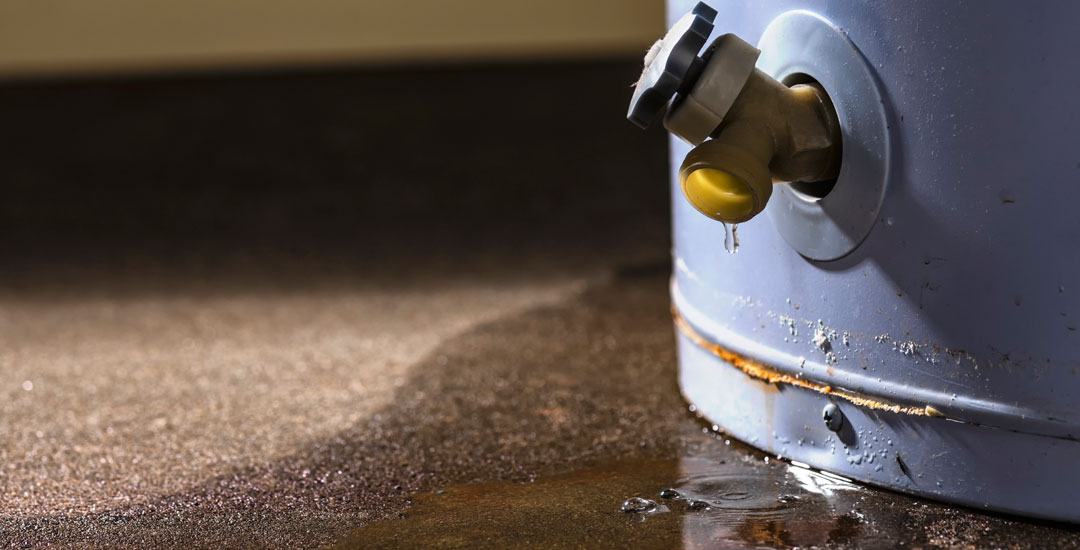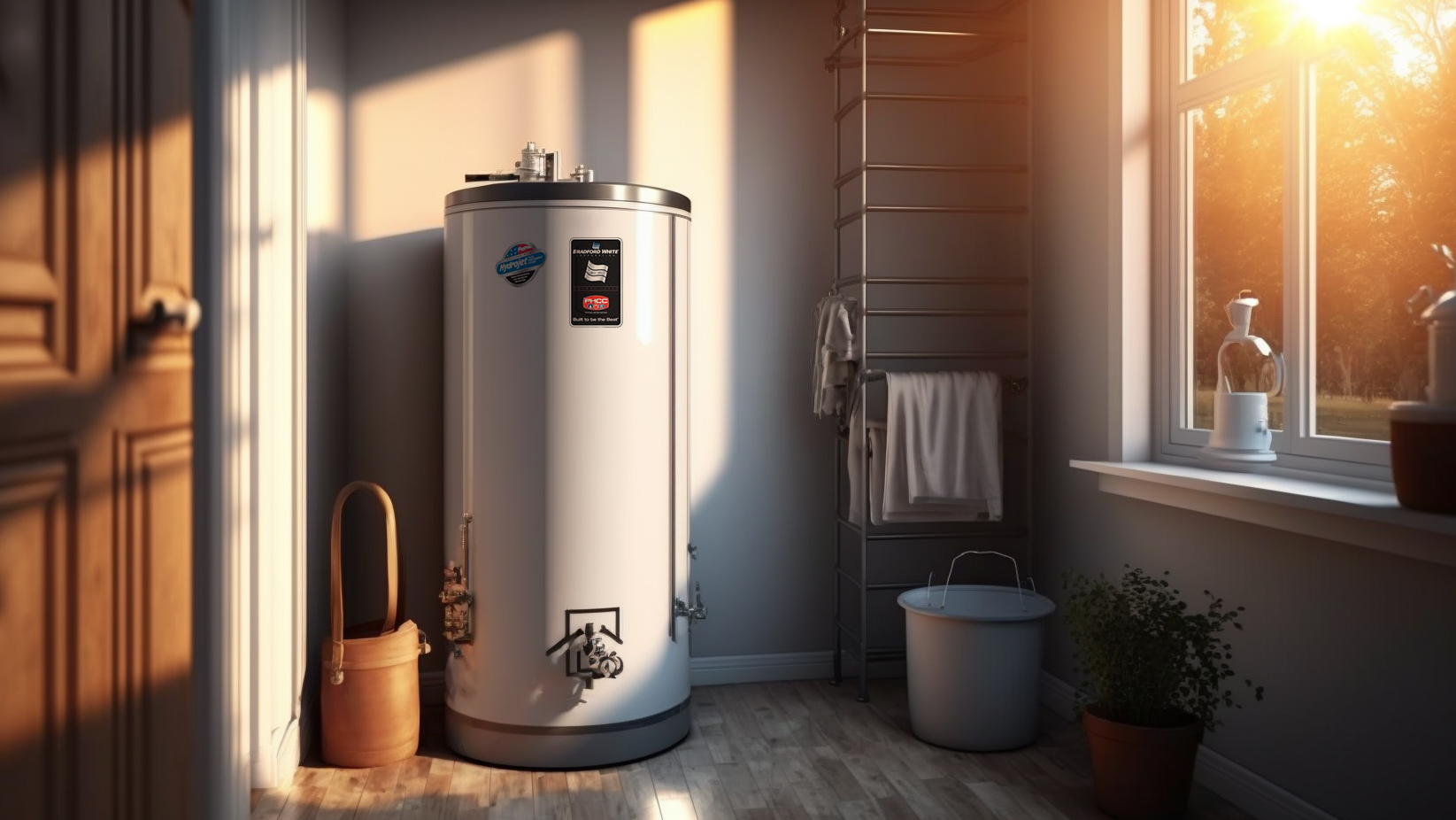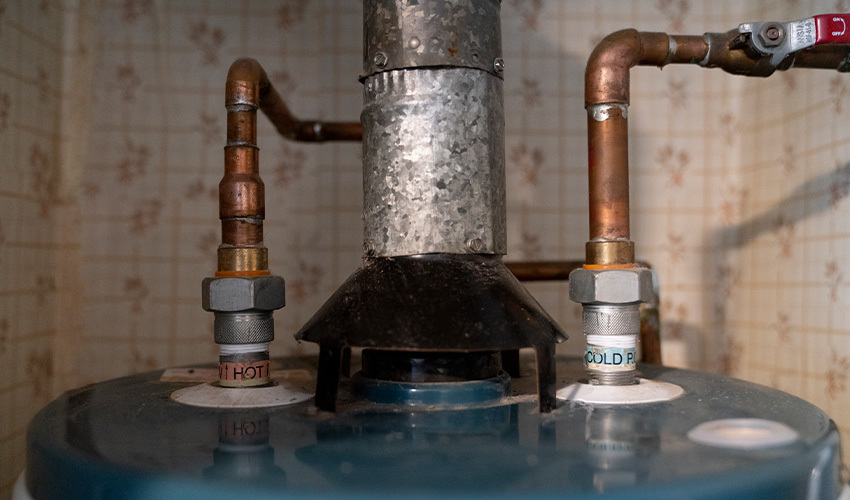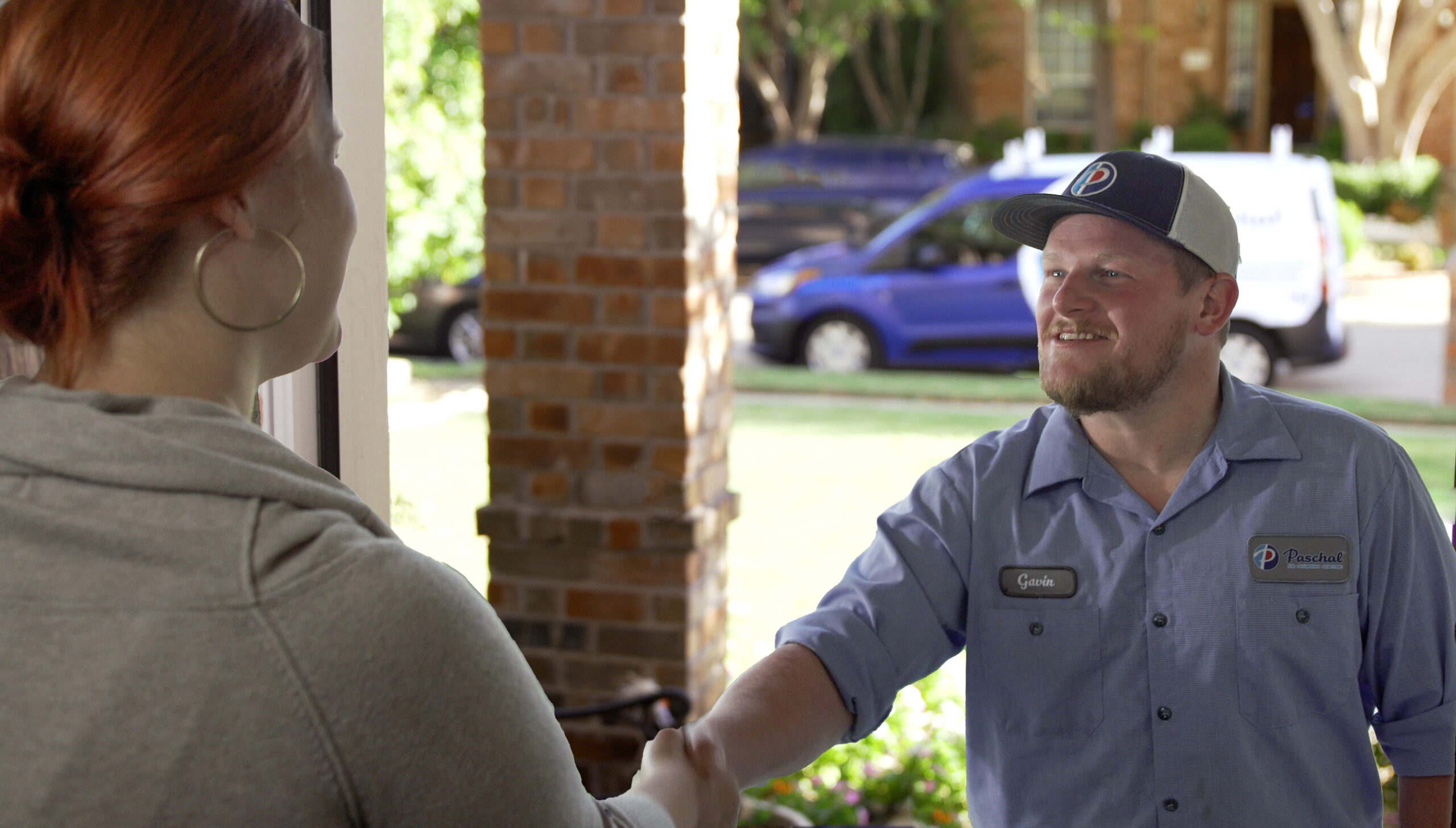
When it comes to maintaining your home, one of the most crucial appliances you need to keep an eye on is your water heater. A well-functioning water heater is a staple in every home. But what if, one day, you notice water puddling around it or, worse, see it leaking from the top? As a homeowner, it’s essential to understand what to do next. This comprehensive guide will equip you with the knowledge you need to handle a leaking water heater effectively and safely.
A leaking water heater can quickly become a homeowner’s nightmare. Not only is it an inconvenience, but it can also lead to extensive property damage if not addressed promptly. Understanding why your water heater might leak from the top and the steps you can take to address it are crucial.

Understanding Your Water Heater
To effectively diagnose and remedy a water heater leak, it’s essential to first understand how a water heater works and its main components. A traditional water heater stores and heats water in a large tank, usually between 30 and 50 gallons. The key elements of a water heater include:
- The Tank: This is where the water is stored and heated. The inside of the tank is coated with a glass lining for protection against corrosion.
- The Dip Tube: This tube feeds cold water from your home’s water supply into the bottom of the tank where it’s heated.
- The Heat-Out Pipe: This allows hot water to flow out of the tank and into your home’s plumbing when you need it.
- The Thermostat: This controls the temperature of the water inside the tank.
- The Heating Element: This heats the water. In electric models, it’s an electrical resistance coil, while in gas models, it’s a burner.
- The Pressure Relief Valve: This safety device releases water if the pressure or temperature inside the tank becomes too high.
- The Drain Valve: This is used to drain the tank for maintenance or replacement.
Understanding these parts can help you better identify the source of a leak.

Why is Your Water Heater Leaking from the Top?
Several reasons could explain why your water heater is leaking from the top. Identifying the correct cause is key to implementing the right solution.
- Loose Cold or Hot Water Inlet and Outlet Connections: These are the pipes that deliver cold water to the heater and carry hot water from the heater to your home. If these connections are loose, they can cause a leak.
- Faulty Pressure Relief Valve: The pressure relief valve prevents the tank from over-pressurizing by releasing some water when the pressure or temperature gets too high. If it’s faulty, it may leak.
- Faulty or Loose Temperature & Pressure Relief Valve (T&P Valve): The T&P valve releases water when the temperature or pressure inside the tank gets too high. If this valve is faulty or not fitted correctly, it can cause your water heater to leak.
- Leaking Inlet Valve: The inlet valve controls the flow of cold water into the tank. If this valve is not fully closed or if it’s faulty, it can cause a leak.
How to Handle a Leaking Water Heater
Follow these steps if you detect a water leak from the top of your heater:
Step 1: Turn Off the Power Supply
- For an electric water heater, switch off the breaker in your electrical panel. For a gas heater, turn off the gas supply.
Step 2: Identify the Source of the Leak
- Check the cold and hot water inlet and outlet connections, the pressure relief valve, the T&P valve, and the inlet valve.
Step 3: Tighten the Connections
- If the leak is from a loose connection, gently tighten it using a wrench. Be careful not to overtighten, as this could cause further damage.
Step 4: Replace Faulty Valves
- If a valve is causing the leak, it may need to be replaced. This job is best left to a professional plumber, who can ensure the replacement is done correctly and safely.
Step 5: Call a Professional Plumber
- If you’re unable to identify or fix the source of the leak, it’s time to call a professional. A plumber has the tools and expertise to accurately diagnose and repair the problem.

Water Heater Maintenance Tips
Regular maintenance can help prevent issues such as leaks. Here are some tips:
- Inspect Regularly: Check your water heater regularly for signs of leaks or corrosion.
- Annual Drain and Flush: Once a year, drain and flush your water heater to remove sediment buildup.
- Check the Anode Rod: The anode rod prevents the tank from rusting. Check it every two to three years and replace if necessary.
- Test the T&P Valve: Test this valve annually to ensure it operates correctly.
- Insulate the Tank: Insulation can help reduce heat loss and improve efficiency.
- Keep the Area Around the Heater Clear: This ensures adequate ventilation and reduces fire risk.
FAQ
Q: Is a leaking water heater dangerous?
- A: It can be. If the leak is due to high pressure, it could lead to an explosion. Also, water leaks can cause significant property damage and mold growth, which can harm your health.
Q: Can I fix a leaking water heater myself?
- A: It depends on the cause of the leak. If it’s a loose connection, you might be able to fix it yourself. But if it’s due to a faulty valve, it’s best to call a professional.
Q: How long does a water heater last?
- A: On average, a traditional tank water heater should last between 8 and 12 years. Regular maintenance can help extend its lifespan.

Call the Professionals at Paschal
A leaking water heater is a common issue faced by homeowners. While it might seem daunting at first, with the right knowledge, it’s a problem you can confidently address. Whether it’s a DIY fix or time to call in the professionals, you now have the information you need to take the next step.
Remember, regular maintenance is key to preventing such issues. Paschal Air, Plumbing & Electric offers comprehensive home service plans that include regular inspections and maintenance of your water heater.
If you’ve detected a leak in your water heater and require professional assistance, don’t hesitate. Schedule your next appointment with the Professionals at Paschal. Our team of experienced plumbers is ready to serve you. Let us put our expertise to work in maintaining your home’s comfort and safety.





